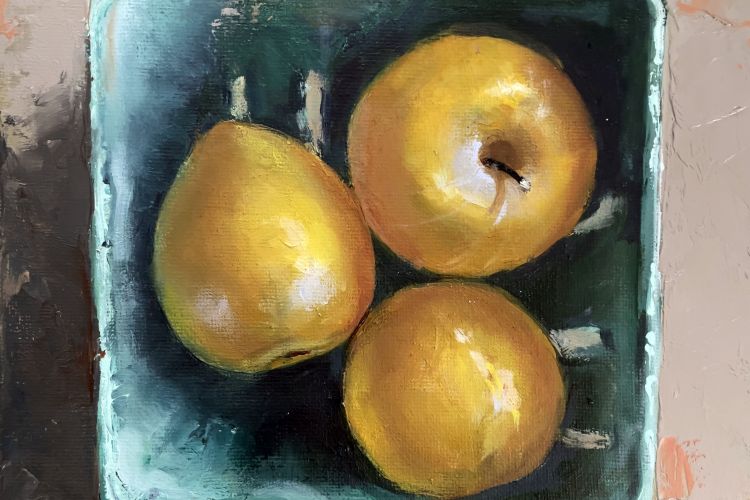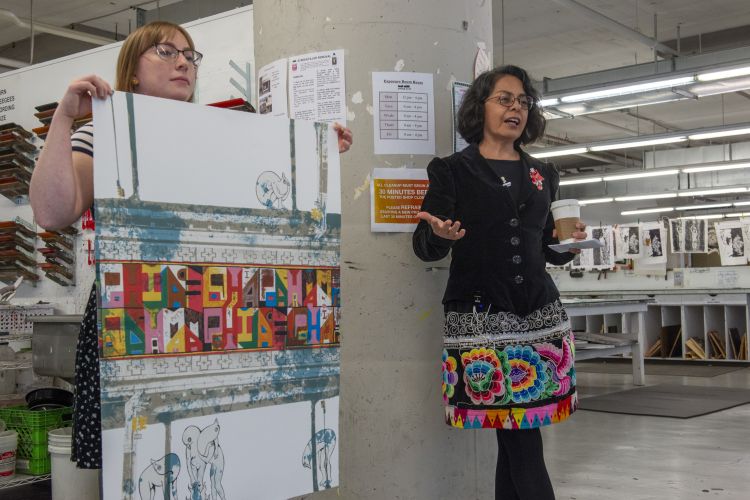STORIES FROM PAFA
Amy Walsh
Amy Walsh (MFA ’06) defines her work as “exploring intersections – among art and activism, daily living and visionary imagination, creativity and entrepreneurship, collaborative and solitary practices, teaching and learning.”
In April 2014, she was one of 17 people nationwide chosen by the U.S. Department of Art and Culture as a founding Cultural Agent. The agents have been tasked by the USDAC to “imagine new policies and programs that could make for a more creative, just, and culturally vibrant country.”
Walsh also is director of the Apeiron Institute in Rhode Island, which promotes the integration of environmentally sustainable practices into business, civic, and personal life throughout the
state. She is creating programming rooted in her ideas about exploring life’s intersections. Under her direction, the Institute will be shifting to a focus of “addressing climate change and the transition to a just and sustainable economy and culture, through the lens of environmental literacy and education, cultural work and interdisciplinary collaborations between artists, scientists, and sites.”
At PAFA, Walsh was urged to expand her way of thinking about her art. “Many people talk about PAFA as being very ‘traditional,’ but I found there was a lot of leeway to be experimental in a wide-ranging way in the MFA program. I remember Mark Blavat encouraging me to take the little fragments of ideas and images that were hiding out in the periphery of my practice, and put them in the center, and see what would happen – he was essentially challenging me to let go of some part of my ego as an artist, my attachments to the ‘right’ kind of art. I have actually continually followed that advice, and my practice has expanded in ways I could not have predicted then.”
The “cultivation” of the “whole artist” at PAFA, a commitment not only to artistic works produced but also to how art is practiced, expresses itself through Walsh’s current work. She maintains an individual, regular studio practice. Collaboratively, Walsh is implementing the holistic approach she learned at PAFA when she educates others. “My time at PAFA helped me find my creative center and give me confidence, so that as I sometimes radically change my approaches to art making and even my definitions of art, something stays consistent in me.”
We're so excited you're planning to visit PAFA!
Make time for art — visit us Thursday to Sunday.
Before reserving your tickets, please review helpful information about museum hours, accessibility, building access, and special admission programs.
If you have any questions, feel free to reach out to us at visitorservices@pafa.org — we’d love to help!





